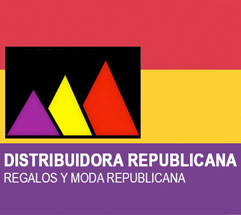Trade Agreements Argentina
Macri reported on the revival of external negotiations, which ended with an agreement between Mercosur and the European Union after more than 20 years of deadlock in negotiations. This hope has increased with the strong pro-trade attitude of Paulo Guedes, the Brazilian finance minister led by President Bolsonaro. However, Argentina`s decision, under President Fernández, to withdraw from the Mercosur negotiations – although it was later overturned – has called into question how Mercosur will continue to operate. Recent political instability in Brazil has further dampened expectations. Macri has set itself the goal of bringing Argentina more broadly into MERCOSUR. During his tenure as the group`s pro tempore chairman, he has been active in promoting the trade group`s agenda and said: «We will intensify our ongoing negotiations within MERCOSUR and develop new ones that generate global value chains. We want to give more opportunities to our businesses, SMEs and entrepreneurs. He added that mercosur «will continue to make progress in convergence with the Pacific Alliance, as this will allow us to build a more productive region with coasts on two oceans and help it become one of the most dynamic growth poles in the world.» At the end of April, Argentina announced to its Mercosur partners, Brazil, Paraguay and Uruguay, that it would withdraw from trade negotiations other than those already concluded with the European Union and the European Free Trade Association. This unilateral decision sent shockwaves through Mercosur, as it implies a possible dissolution of the trading bloc. . . .

